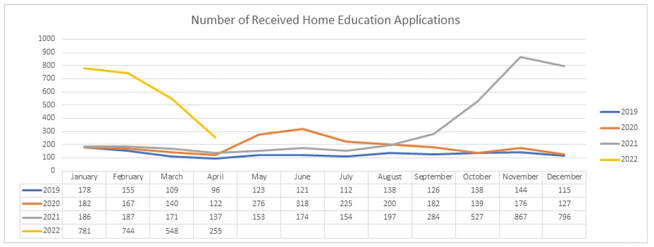Both tests have been around for many years. The Burt one was more recently updated than the Schonell, and sometimes if you mention the Schonell ones in exemption applications, certain staff will complain they are out of date. (Not entirely reasonable - some schools still use them, and they are available through the MoE's own curriculum website). For that reason, if you intend to include this in your application, you may want to refer to the Burt tests instead.
It used to be easy to find these tests online, but it is becoming harder in some instances. Therefore I've uploaded copies which you can download using the following links. Instructions on how to use and score the tests are included in each document.














 RSS Feed
RSS Feed
